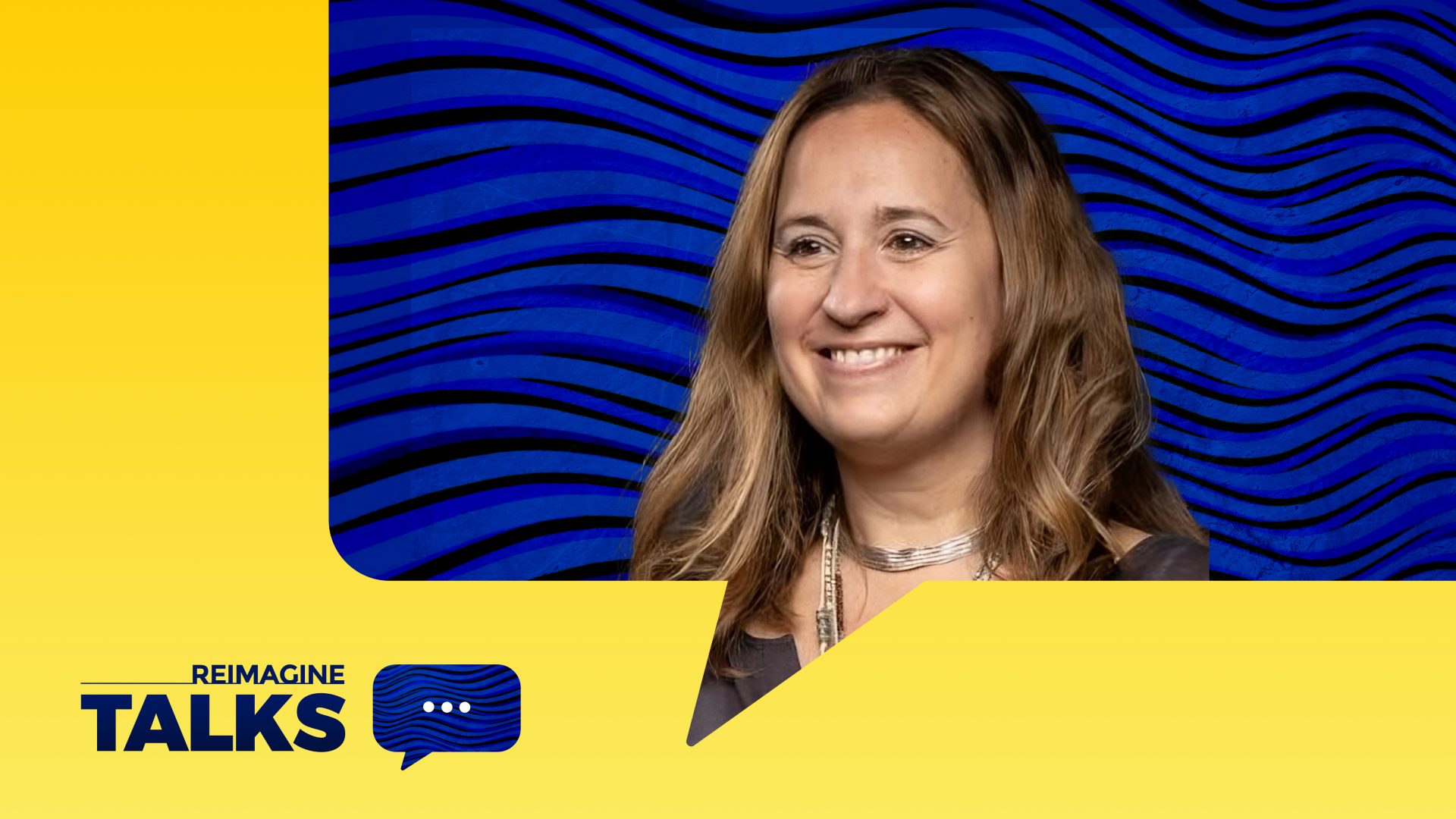“You can really see where your taxes go”. This is the type of tax moral that Professor Rita de la Feria believes should be leading the debate around taxation and tax systems, instead of focusing on GDP and economic distortions. “Taxes are in essence compulsory payments that we do to government which are then used to provide public services. Taxes are essential to everything we do as individuals; it is the foundation of what our societies are about. Everything around us is a result of taxation”.
According to the Professor of Tax Law at the University of Leeds an International Research Fellow at the Oxford University Centre for Business Taxation, it is important to change the narratives surrounding taxation and prioritise the recognition of the link between taxes and public services, since “it is not possible to have amazing public services and pay less taxes”. In addition, to dismantle most of the myths about taxes is necessary to acknowledge the obstacles that psychological phenomena such as confirmation bias or cognitive dissonance have on people. For example, perception of wealth is relative, most people agree that we need to tax more the wealthiest ones, however, “they never consider themselves as the rich ones”.
One of main results of the Future4Citizens Dialogues in Barcelona, held as part of the European Orbis Project and Barcelona European Capital of Democracy, was precisely the necessity of building a fairer taxation system. Professor de la Feria applauded the results but warned that fairness is an umbrella concept, it depends on what each individual perceives as fair. “We first need to decide what it is our hierarchy of fairness and accept that when we increase a type of fairness, we might be decreasing fairness on another side”. The same happens with competition. When you have a successful competitive tax policy, you win but it inherently means that there is a loser.
When it comes to building new tax policies or systems, Professor Rita de la Feria argues that there needs to be a balance between two principles: fairness and efficiency. It is possible to have one or the other, but both is trickier because they are contradictory in themselves. “The fairest tax system of all is one that takes into account personal circumstances, almost on an individual-by-individual basis. The most efficient tax system is one that creates everyone the same, where there’s no distinction in conditions”.
It is possible to make the European tax system fairer and a bit more efficient, “but we need to be conscientious that we cannot have absolute fairness and absolute efficiency”. That’s why a more honest debate is needed to be able to reimagine taxation. “We need to acknowledge trade-offs within fairness and efficiency, and between tax policies and other policy objectives”. The answer is not to get trapped in absolutes and understand that tax policy is always a balance between A and B and which one is more important at a certain given time or circumstance.
The same trade-off dynamic applies to taxation competition between countries. When the competitiveness of a certain economy is mentioned, it assumes that “there is always a winner and there is always a loser”. If Europe is successful “in making the European tax systems more competitive than others, that means other countries will lose”. Especially when it comes to developing countries, they will not have enough revenues to provide good public services to its citizens, which leads people “to migrate to other countries that have good healthcare, good education and good security conditions.”
Reimagine Taxation is the sixth episode of chapter of the ReImagine TALKS, a series of video podcasts launched by Re-Imagine Europa together with leading media partners and featuring some of the most innovative, influential, and original thinkers of our time, challenging conventional thinking and reimagining the concept with an unexpected and contemporary lens. The series is hosted by Erika Stäel von Holstein and Luca de Biase, RIE’s Chief Executive and Research Director, respectively. The first episodes delved on Reimagine Capitalism with Professor Rebecca Henderson, Reimagine Power with Professor Manuel Castells, Reimagine Trust with the Internet pioneer Lisa Gansky, Reimagine Ethics with Professor Jeroen van den Hoven, and Reimagine Narratives with Professor Marcin Napiórkowski.
You can watch and/or download the series at:

![]()
![]()







